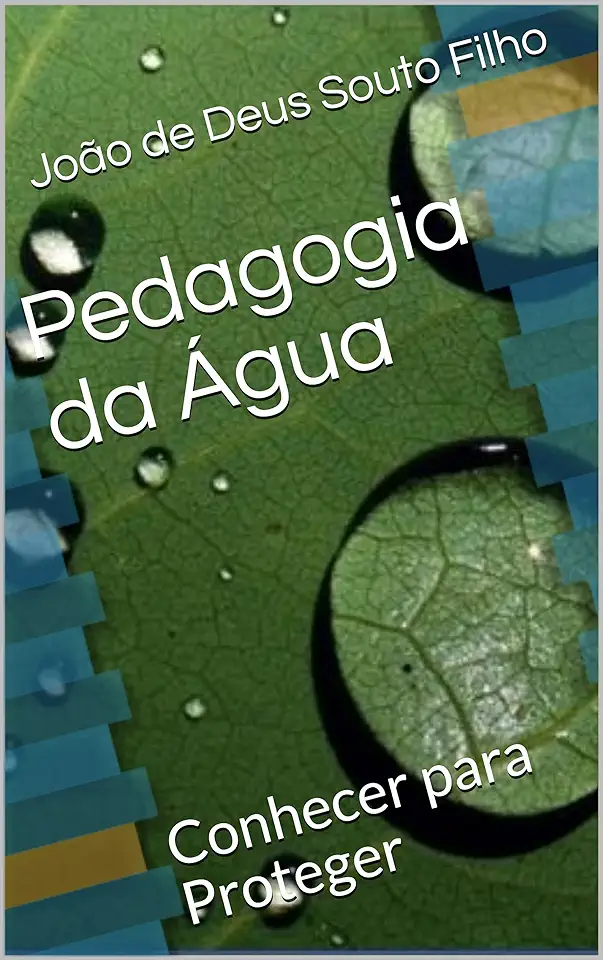
Pedagogy of Water - João de Deus Souto Filho
Pedagogy of Water: A Revolutionary Approach to Education
In his groundbreaking book, "Pedagogy of Water," João de Deus Souto Filho presents a revolutionary approach to education that is inspired by the transformative power of water. Drawing on his extensive experience as an educator and researcher, Souto Filho argues that water can serve as a metaphor for teaching and learning, offering a fluid and dynamic framework that nurtures critical thinking, creativity, and collaboration.
Water as a Metaphor for Education
Souto Filho begins by exploring the unique properties of water and how they can be applied to the educational context. Just as water can take various forms—liquid, solid, and gas—so too can education adapt to different learning styles and environments. Water's ability to flow and change shape symbolizes the flexibility and adaptability that are essential for effective teaching and learning.
The Pedagogical Cycle of Water
At the heart of Souto Filho's approach is the "Pedagogical Cycle of Water," a cyclical process that mirrors the natural water cycle. This cycle consists of four stages:
- Evaporation: This stage represents the initial spark of curiosity and motivation that drives learners to seek knowledge.
- Condensation: In this phase, learners gather information and begin to form new ideas and understandings.
- Precipitation: This stage marks the moment when learners apply their knowledge and skills to solve problems and create new solutions.
- Infiltration: Finally, learners reflect on their experiences and integrate their new knowledge into their existing understanding of the world.
Water as a Source of Knowledge
Souto Filho argues that water is not only a metaphor for education but also a source of knowledge in its own right. By studying water, learners can gain insights into a wide range of subjects, including science, geography, history, and culture. Water can also be used as a tool for teaching social and emotional skills, such as cooperation, empathy, and resilience.
The Transformative Power of Water
Throughout the book, Souto Filho provides numerous examples of how the Pedagogy of Water has been successfully implemented in educational settings around the world. These examples demonstrate the transformative power of water to engage learners, foster critical thinking, and promote social change.
Conclusion
"Pedagogy of Water" is a must-read for educators, policymakers, and anyone interested in transforming education. Souto Filho's innovative approach offers a refreshing and inspiring vision for education that is grounded in the natural world and the transformative power of water. By embracing the Pedagogy of Water, we can create educational environments that nurture the full potential of every learner and contribute to a more just and sustainable world.